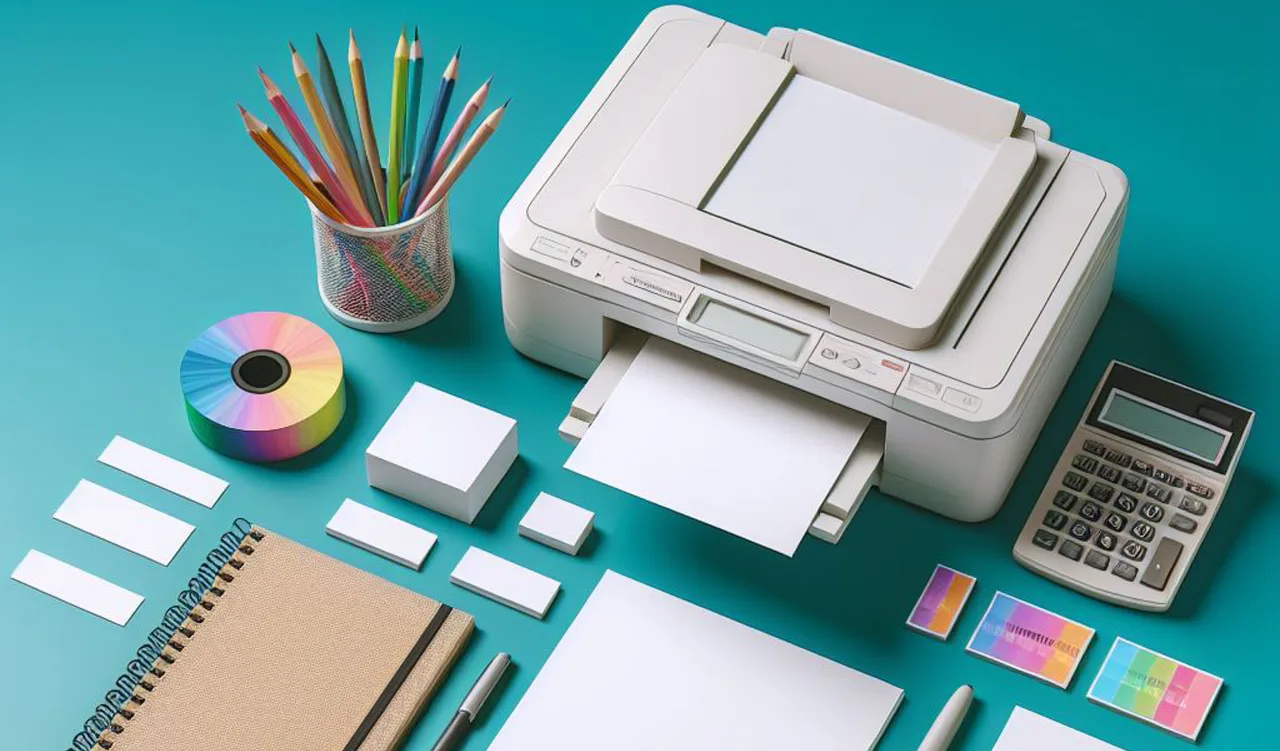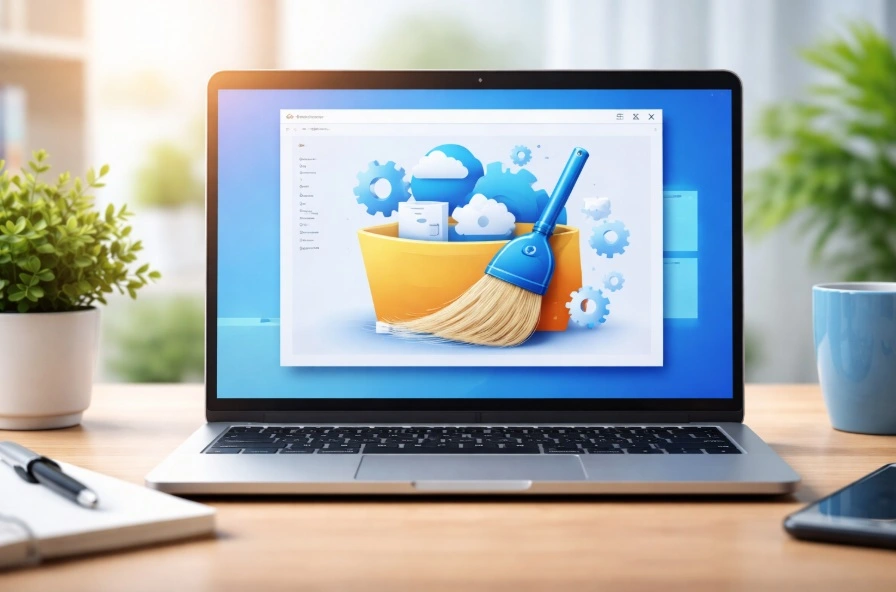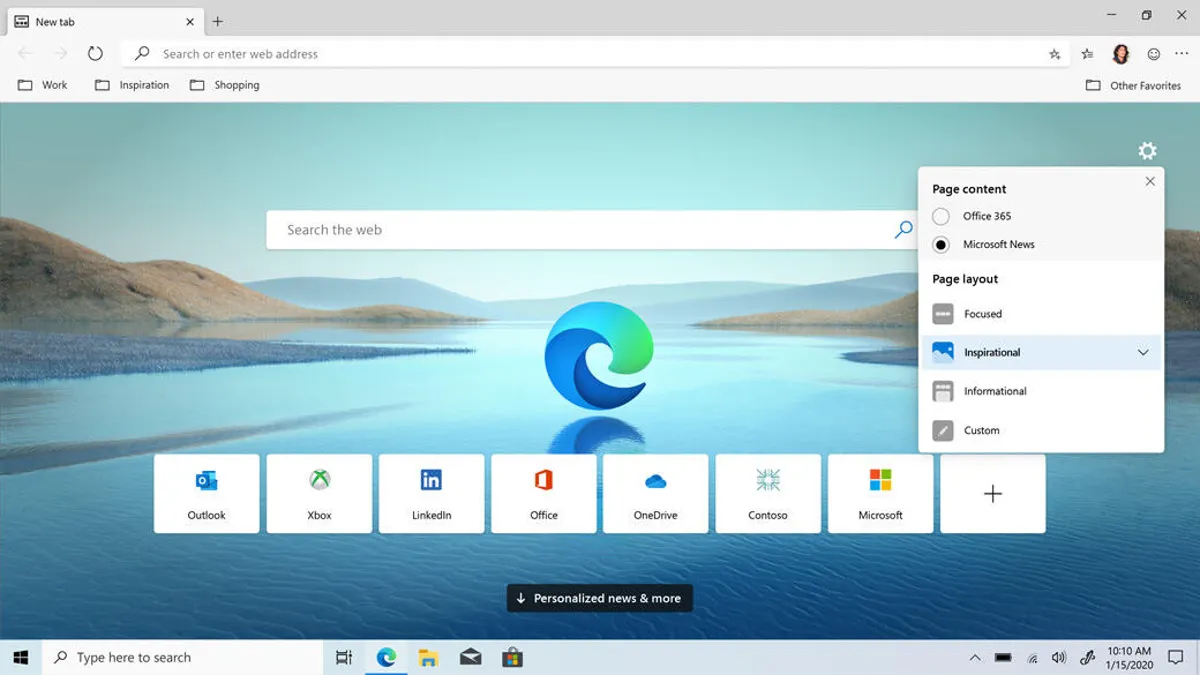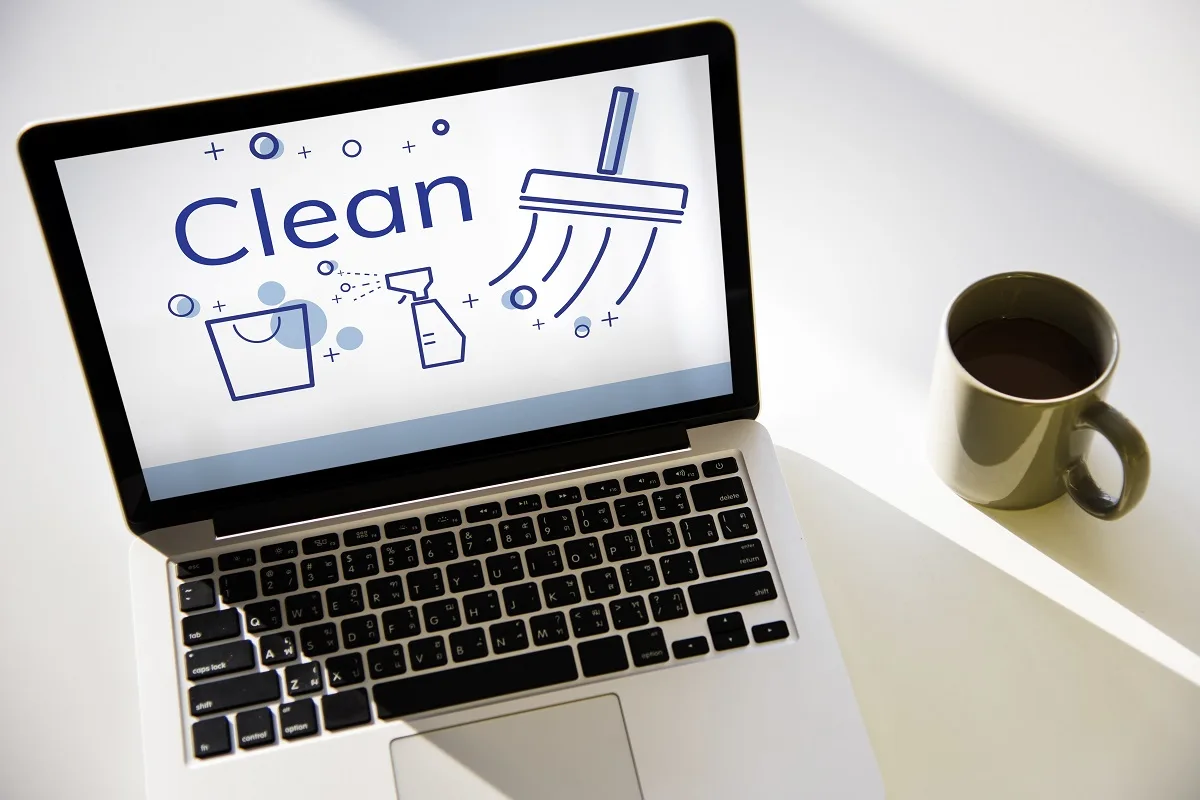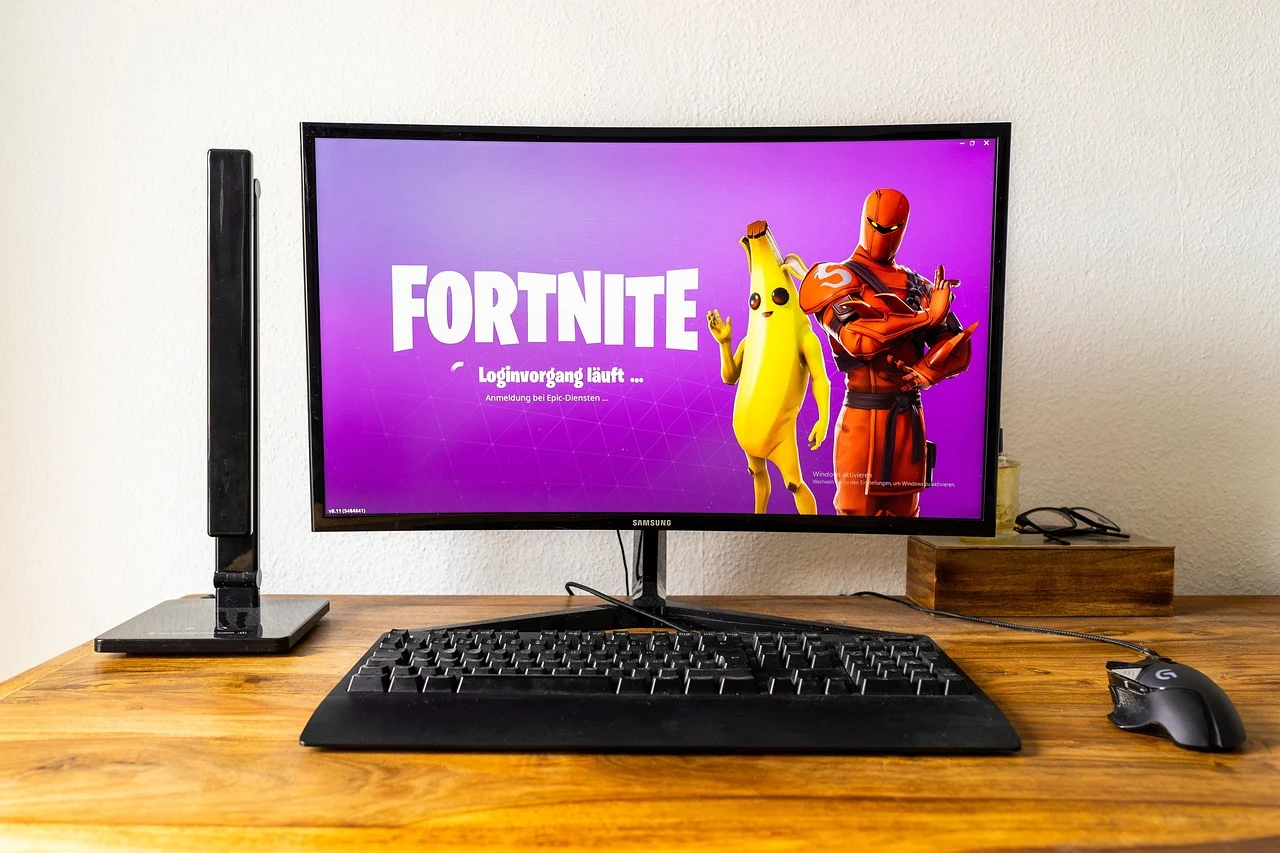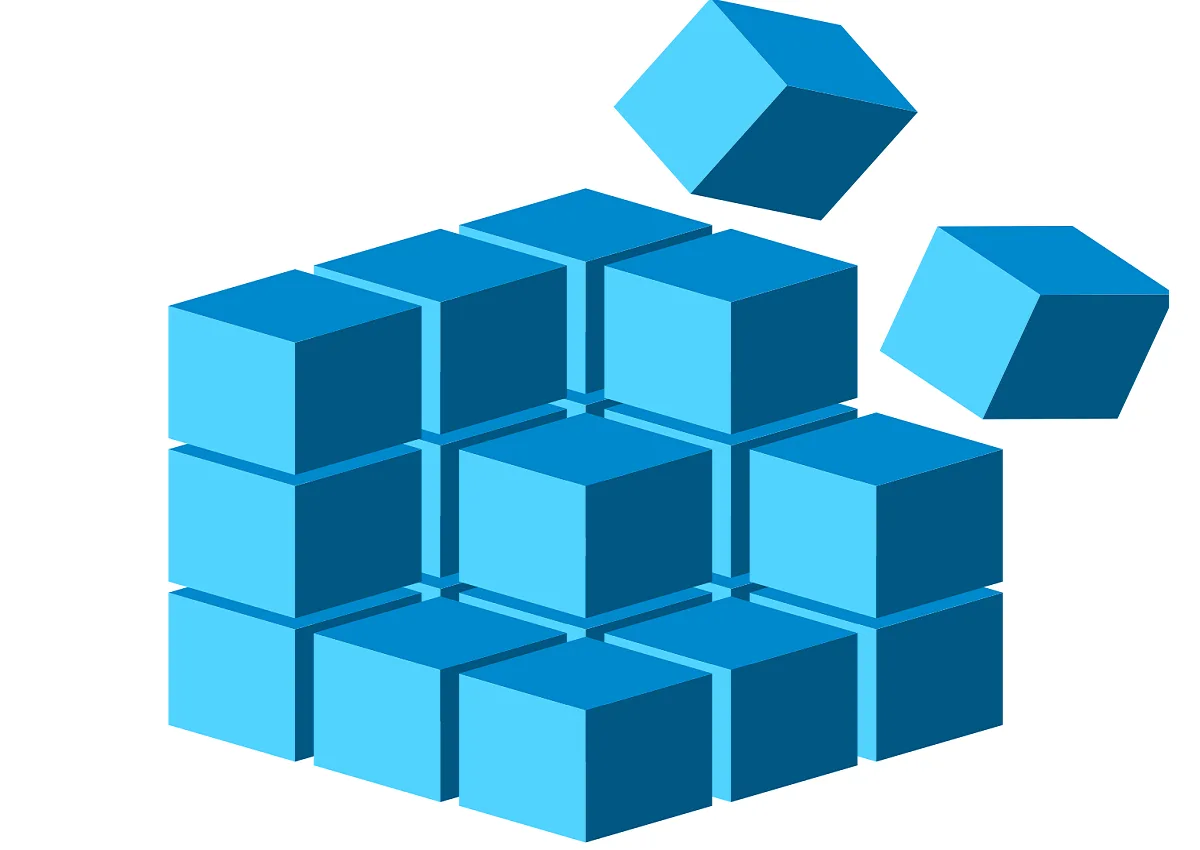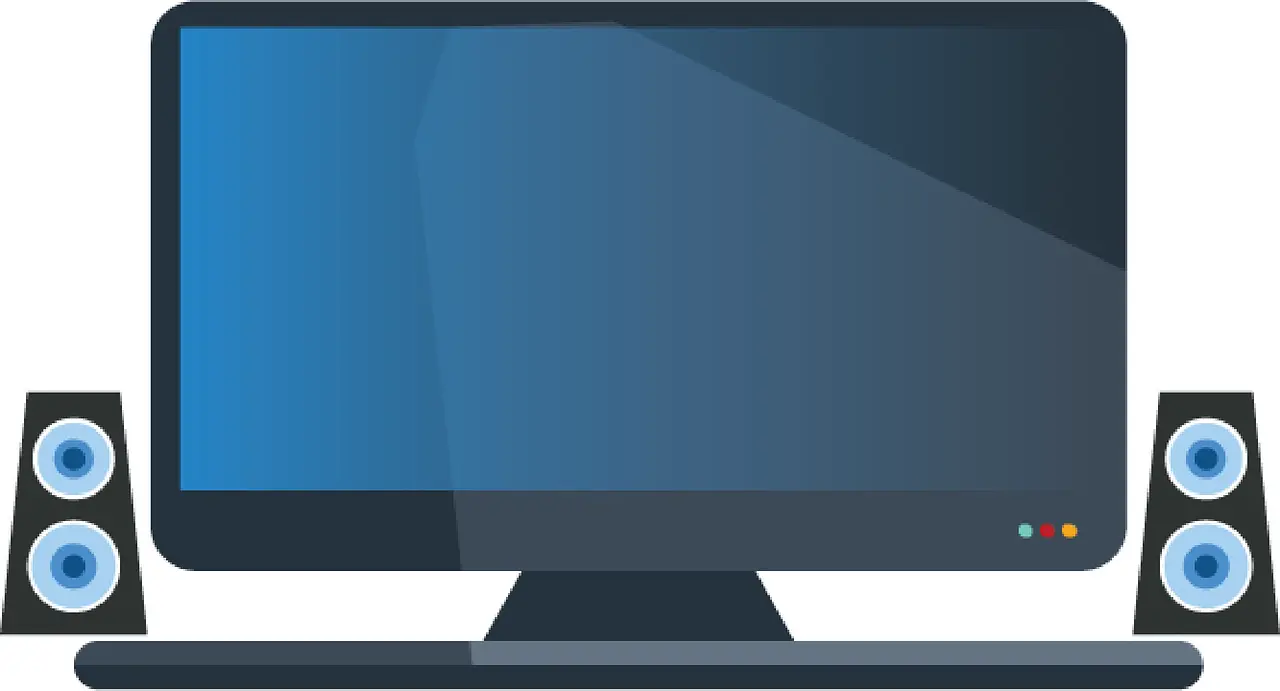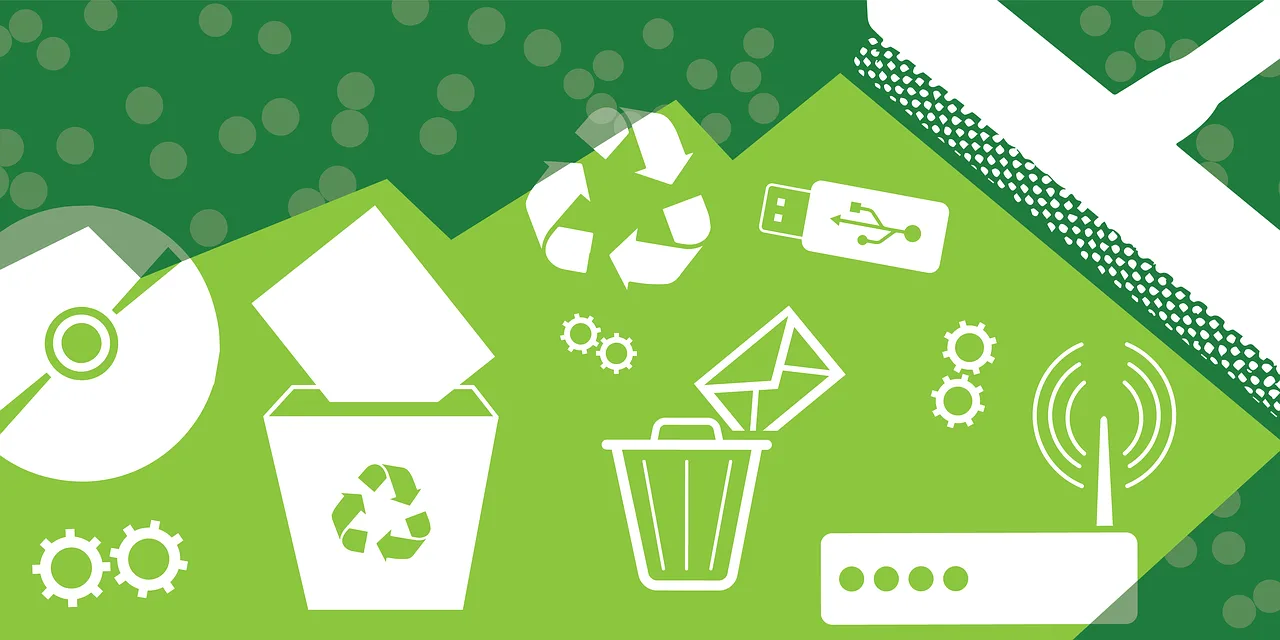How To Clean Temp Files In Windows 11/10
Is your PC becoming sluggish over time? Are you experiencing delays when opening files or programs? Are you looking to improve your computer’s performance by cleaning temp files? These temporary files, also known as temp files, can accumulate and slow down your computer’s speed.
Learning how to clean temp files on your PC can make a big difference in performance. Deleting temp files in Windows is a simple and effective way to enhance your computer’s speed and efficiency. Knowing how to clean temp files can improve your computer’s performance significantly.
Keep reading to discover easy methods for how to clean temp files PC Windows 11/10.
Knowing how to clean temp files on your PC can make a significant difference in performance and efficiency.
Part 1: Why Delete Temp Files in Windows: Top Reasons!
Do you know why deleting temp files in Windows is important? Here are the top reasons why you should delete temp files on Windows:
- Free Up Disk Space: Temp files can accumulate and take up a lot of space on your hard drive.
- Improve Performance: Deleting temp files helps your computer run faster and smoothly.
- Enhance Security: Temp files may contain sensitive information; removing them can enhance security.
- Reduce Errors: Over time, temp files can cause errors and system issues.
- Increase Efficiency: Cleaning temp files can help your system operate more efficiently.
- Boost Startup Speed: Eliminating unnecessary files can enhance your computer’s startup speed.
- Prevent Crashes: Reducing the number of temp files can help prevent system crashes.
- Extend the Life of Your PC: Regular maintenance, including deleting temp files, can extend the life of your computer.
Part 2: How to Clean Temp Files PC: 4 Best Methods
Cleaning temp files on your PC is easy. Here are the best methods to clean temp files on PC Windows:
Using Disk Cleanup:
Disk Cleanup is a built-in Windows tool designed to free up space on your hard drive. It enables you to quickly and easily remove unnecessary files, including temp files. This method is both straightforward and efficient for cleaning up temp files.
Step 1: Use the Seach Bar. Open “Disk Cleanup”.

Step 2: Check the “Temporary Internet files”. Click “OK” to delete them.
Using Settings:
Windows Settings provides an easy method to manage your storage and delete temp files. By navigating to the Storage settings, you can swiftly identify and remove temporary files that occupy space on your computer.
Step 1: Open “Settings” on PC. Go to System> Storage. Click on “Temporary files.”

Step 2: Select the files for deletion. Click “Remove.”
Using Command Prompt:
For more advanced users, the Command Prompt provides a powerful tool to delete temp files. This method involves running a simple command that removes all temporary files in one go.
Step 1: Open “Command Prompt” on Windows 11 PC.

Step 2: Type del /q/f/s %TEMP%\* in Terminal. Hit Enter.
Using File Explorer:
File Explorer allows you to manually navigate to the temp files directory and delete the files yourself. This method gives you more control over what gets deleted and is ideal for users who prefer a hands-on approach.
Step 1: Press Windows + R. This will open the Run dialog. Type %TEMP% and press Enter.

Step 2: Select all files by pressing Control + A. Press the Delete key.
Part 3: Additional Tips to Delete Temp Files in Windows
If you want to keep your PC running smoothly, it’s essential to regularly delete temp files in Windows. Here are some additional tips: schedule cleanups, clear browser cache, uninstall unnecessary programs, disable hibernation, delete large files, use cloud storage, monitor disk space, and keep your system updated. Following these tips will help maintain your computer’s performance and efficiency.
- Clear Browser Cache: Browser caches can accumulate a significant amount of data over time. Clearing them can free up space and improve browser performance.
- Uninstall Unnecessary Programs: Programs you no longer use can take up valuable space. Uninstall them to free up resources and improve system efficiency.
- Disable Hibernation: If you don’t use hibernation mode, disabling it can free up a substantial amount of disk space.
- Delete Large Files: Manually search for large, unnecessary files and delete them to clear up more space on your hard drive.
- Use Cloud Storage: Store your files in the cloud to save local storage space and keep your PC running more smoothly.
- Monitor Disk Space: Regularly check your disk space usage to identify areas where you can free up space.
- Keep System Updated: Ensure your system is always updated to the latest version for optimal performance and security enhancements.
By following these additional tips, you can ensure that your computer runs efficiently and stays in good health.
Conclusion
If you want your PC to run smoothly, it’s crucial to regularly clean temp files in Windows 11/10. This simple task can free up disk space and boost your computer’s performance.
Deleting temp files in Windows helps maintain your computer’s efficiency. Knowing how to clean temp files on your PC is essential for system health and can significantly improve performance and efficiency.
Make it a routine to clean temp files on your PC. This habit will lead to a faster and more reliable computer. Don’t let temp files slow you down—start cleaning your PC today for better performance!
FAQs:
Q1: How often should I clean temp files?
It’s a good practice to clean temp files at least once a month. Regularly cleaning temp files ensures that your system remains fast and efficient. Accumulated temp files can slow down your computer and take up valuable disk space. Monthly cleanups will help maintain optimal performance and prevent any sluggish behavior.
Q2: Can deleting temp files cause problems?
Deleting temp files is generally safe and beneficial for your computer. These files are temporary and not essential for your system’s operation. Removing them can improve performance and free up disk space. However, it’s wise to be cautious and double-check that you’re deleting the correct files, especially when using manual methods.
Q3: How do I know if temp files are taking up space?
You can check if temp files are taking up space by accessing the “Storage” settings on your PC. In Windows 11/10, go to “Settings,” then “System,” and click on “Storage.” Here, you can view a detailed breakdown of how disk space is being used, including the amount occupied by temp files. This information helps you decide when it’s time to clean up and free up space.
Q4: Are third-party tools safe for cleaning temp files?
Yes, using reputable third-party tools like CCleaner is safe for cleaning temp files. These tools are designed to streamline the cleanup process and can effectively remove temp files and other unnecessary data. Ensure that you download software from trusted sources and keep it updated to avoid potential security risks. Third-party tools can save time and provide additional features for maintaining your PC’s health.
Popular Post
Recent Post
How to Clear the Queue in the Printer: A Step-by-Step Guide
Learn how to clear the queue in the printer with simple steps. This easy guide explains why print jobs get stuck and how to fix them safely for smooth printing.
How To Clear Delivery Optimization Cache In Windows
Learn how to clear Delivery Optimization Cache in Windows safely and easily. This guide explains steps, precautions, benefits, and FAQs to free space and avoid update issues.
How To Clear Cache in Edge [Windows 11/10]: Latest Guide
Learn how to clear cache in Edge on Windows 11 and Windows 10. Step by step guide with precautions, FAQs, and tips to fix slow pages and errors.
Top 15 Questions About PC Cleaning and Their Answers
Learn safe and simple ways to clean your PC. This guide answers top questions, covers precautions, and gives advanced tips for better PC health and performance.
11 Mistakes To Avoid While Cleaning a PC
Cleaning a PC is important because dust and dirt can slow the system and heat up the parts. A clean computer also lasts longer and works with fewer sudden issues. Many users clean their PCs only when they notice noise or overheating. This delay can make the job harder and sometimes cause more trouble. A […]
How To Clean a Gaming PC: Complete Guide
A clear and expanded guide that shows how to clean your gaming computer, maintain airflow, protect hardware, and keep performance smooth with simple methods for all user levels.
How to Clean Your Windows Registry (Safe Methods)
Learn safe ways to clean Windows registry entries using built-in tools, backups, and trusted cleaners. Follow simple steps, avoid risks, and keep your system fast and stable.
How to Clean a Laptop Webcam Lens Without Damage
Learn how to clean a Laptop Webcam Lens with simple steps, safety tips, and advanced methods to keep your webcam clear, sharp, and ready for video calls or recordings.
How To Clean the Speakers of Your PC or Laptop
A clear and simple guide on how to clean speakers of a PC or laptop with safe steps, precautions, and advanced care tips that help restore bright and steady sound.
PC Cleaning Tips For Beginners and Advanced Users
A complete guide that explains simple cleaning methods, safety steps, airflow care, and advanced maintenance habits for beginners and skilled users.

